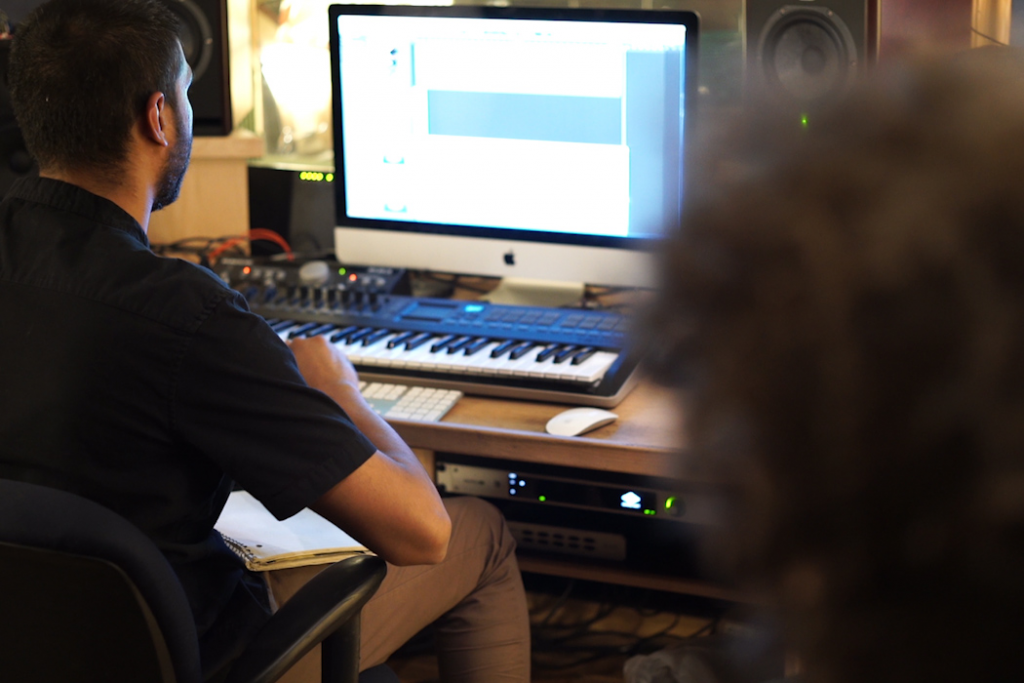Everything Should Know Before Investing in an Audio PC Studio for Music Production
Investing in an audio PC studio for music production is an exciting step for both beginners and professionals looking to elevate their sound creation capabilities. Before making this investment, it is essential to understand the core components that make up a high-performance audio PC. This includes a powerful processor, sufficient RAM, and fast storage solutions, all crucial for handling demanding audio software and large project files. A system tailored to music production should focus on minimizing latency and maximizing real-time processing, ensuring smooth workflow without interruptions during recording or mixing. Another key consideration is the quality and compatibility of audio interfaces and peripherals. An audio interface acts as the bridge between instruments, microphones, and the computer, converting analog signals into digital data with high fidelity. When selecting an interface, it is important to consider the number of input/output channels, preamp quality, and latency performance. Additionally, ensure that the interface supports the connection types compatible with your other gear, such as USB, Thunderbolt, or PCIe. Proper drivers and software integration are equally important for seamless operation.

Storage solutions also play a vital role in an audio PC studio. Music production projects often involve numerous large audio files, sample libraries, and plugin data that require fast access speeds. Solid-state drives SSDs are highly recommended over traditional hard drives due to their superior speed and reliability. Having multiple drives can help separate the operating system, audio files, and sample libraries, which can significantly improve performance and reduce the risk of data loss. Additionally, backing up projects regularly is crucial to prevent work loss due to hardware failure. When building or buying an Audio PC, cooling and noise management should not be overlooked. Music production environments demand quiet operation to avoid distractions and prevent interference during sensitive recording sessions. Components such as fans, power supplies, and drives should be chosen with low noise output in mind. Many producers opt for custom cooling solutions or silent PC cases to maintain a peaceful workspace. Efficient thermal management also prolongs the lifespan of the hardware by preventing overheating during extended use.
Software and plugin compatibility is another critical aspect to consider. The PC should support the digital audio workstation DAW software and plugins you plan to use, including any virtual instruments or effects. It is important to check system requirements for these applications to avoid compatibility issues that can hinder productivity. Keeping your operating system and audio drivers up to date ensures smooth integration and optimal performance. Budget and future-proofing should guide your investment decisions. While it might be tempting to opt for the most affordable setup, investing in slightly higher specifications can save money in the long run by reducing the need for frequent upgrades. Think about your production goals and choose a system that can grow with your skills and workload. Planning ahead for expandability in terms of RAM, storage, and peripheral connections can help maintain efficiency and creativity as your music projects become more complex.
